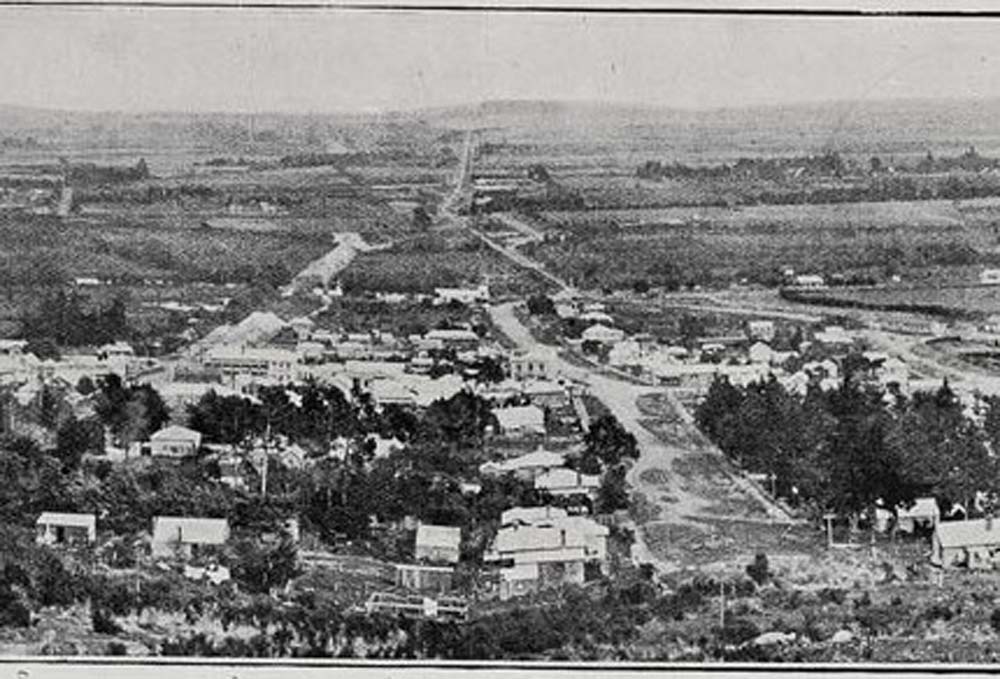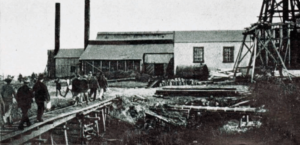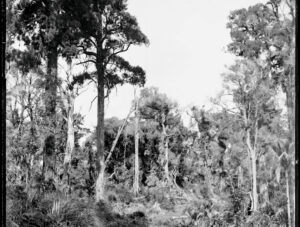As part of a Valley Profile series, MEGHAN HAWKES explores our local history by seeking out stories of life and death in the Thames Valley
The highly cultured, handsome Charles Colclough cut quite a figure around Paeroa.
The 75-year-old had several years earlier come from Otago, where he would sit at the only piano on the goldfields and play classical music with a master’s hand.
But it was a noble deed of valour, performed in the Cromwell district in 1868, that distinguished Charles. A man of unsound mind, armed with a hatchet, rushed into a tent, and while other onlookers were paralysed with fright, Charles dashed in to find him straddling a man, about to strike.
The backward throw of the axe gave Charles a nasty gash as he restrained him just in time to save a life.
This brave and daring deed resulted in the public presentation of a handsome gold medal and a heavy purse of sovereigns.
At the age of 13, Charles had been sent out to Australia from Dublin, Ireland, to learn farming, and later worked in one of the government departments. Gold fever, however, led him to give up his government work and follow nearly all the gold rushes in various parts of Australia.
Around 1861, he and his wife Mary came to New Zealand, for many years living in Dunedin and gold mining centres in the South Island, where Charles worked as a mining agent. The descendant of an aristocratic family, Charles later came into an inheritance and moved to the more genial climate of the Thames Valley. He arrived during the boom time, and was greatly enthusiastic about gold mining matters, being interested in several mining companies in Ohinemuri and Thames. In 1901, when Charles was 66, he became the local face of Doan’s Backache Kidney Pills featuring in advertisements endorsing the product, his standing as a Justice of the Peace evidently giving more weight to the recommendation.
“When a man comes forward and testifies to his fellow citizens, addresses his friends and neighbours, you may be sure he is thoroughly convinced or he would not do so. Telling one’s experience when it is for the public good is an act of kindness which should be appreciated,” announced one advertisement.
Charles Colclough, JP of Hill St, Paeroa, described his symptoms, concluding with: “I am glad to say, however, that the pills cured me”.
But they may not have, as by September 1909, his fellow citizens, friends and neighbours were advised that, regretfully, Charles wasseriously ill. His wife had died the year before and since then he had not been in the best of health.
For some weeks, Charles was confined to his bed receiving every possible care and attention but it was to no avail, and the once dapper presence that had so enlivened Paeroa passed away quietly.
Charles and Mary, who had no children, are buried at Pukerimu cemetery, Paeroa.




